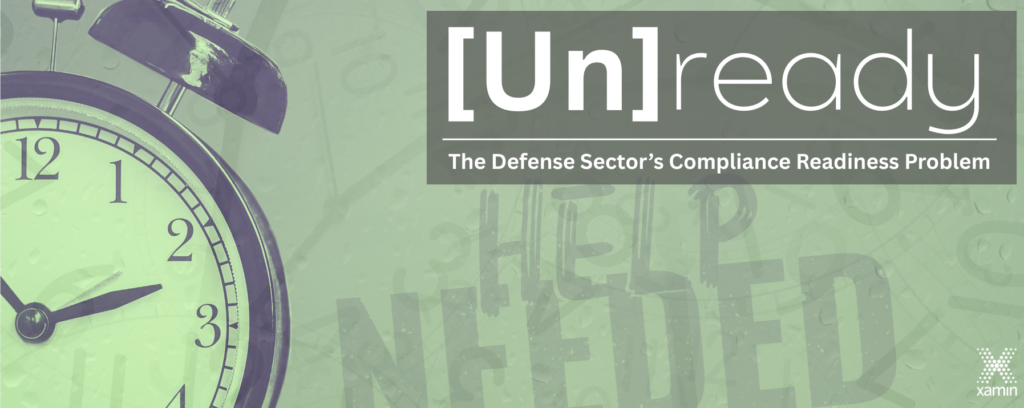The Countdown is On
The Cybersecurity Maturity Model Certification (CMMC) has been in the works for years, but many Defense Industrial Base (DIB) contractors are now confronting serious challenges in meeting its requirements. With implementation deadlines fast approaching, the stakes are high: failure to comply could mean losing eligibility for future defense contracts.
What is CMMC?
Launched by the U.S. Department of Defense in 2019, CMMC sets cybersecurity standards for contractors handling Federal Contract Information (FCI) and Controlled Unclassified Information (CUI). The goal is to reduce risk across the defense supply chain by requiring contractors to meet specific cybersecurity benchmarks.
After an initial release in 2020, the program was refined into CMMC 2.0 in 2021 to offer more flexibility. The final rule was published in December 2024, with full enforcement expected by mid-2025. As the deadline looms, contractors must align with these evolving requirements—or risk falling out of compliance.
Why It Matters
Historically, the DoD relied on contractors to self-assess their cybersecurity practices. But this approach has faced scrutiny, including five reports from the DoD’s Inspector General between 2018 and 2023 that criticized the lack of oversight for CUI protection. In response, the finalized CMMC rule introduces a more rigorous system of accountability—including annual assessments and the use of Plans of Action and Milestones (POAMs), which grant a limited grace period for addressing certain gaps.
No More Grace Without Effort
While industry voices have called for a more gradual rollout, the DoD remains firm: contractors must demonstrate at least 80% compliance to even qualify for temporary certification via POAMs. There’s little room for negotiation.
A recent survey by Redspin, a certified CMMC Third-Party Assessment Organization (C3PAO), paints a concerning picture about the current state of contractor readiness:
- 42% of contractors feel only moderately prepared
- 16% feel slightly or not at all prepared
- 13% have yet to start preparing
This means more than half of surveyed contractors are not fully ready for CMMC 2.0, with 13% flagged as a “critical concern.” This is especially alarming given that contractors have been required to report SPRS scores since 2020.
Key Takeaway – For Defense Contractors and Beyond
If there’s one key takeaway, it’s that cybersecurity regulations are evolving rapidly. Increasingly, industries beyond the government sector are finding themselves in the crosshairs of new and expanding compliance requirements. Unfortunately, many organizations are unprepared—especially since traditional IT teams often lack the resources or experience to manage these regulatory demands. And while the pace of change is swift, lawmakers are standing firm on enforcement. This leaves businesses vulnerable to lost opportunities, contract exclusions, or significant financial penalties.
Don’t Wait—Get Ready Now
The deadline is closing in, and non-compliance isn’t just a risk—it’s a barrier to doing business with the Department of Defense. Whether you're just getting started or need help tightening up your current practices, Xamin is here to help.
Our team of cybersecurity experts can assess your current posture, guide you through compliance gaps, and prepare you for the formal CMMC assessment. Contact Xamin today to get started and ensure your organization is ready to meet the challenge head-on.


